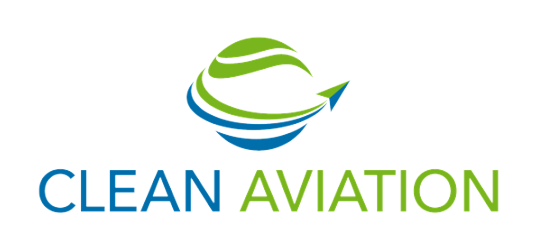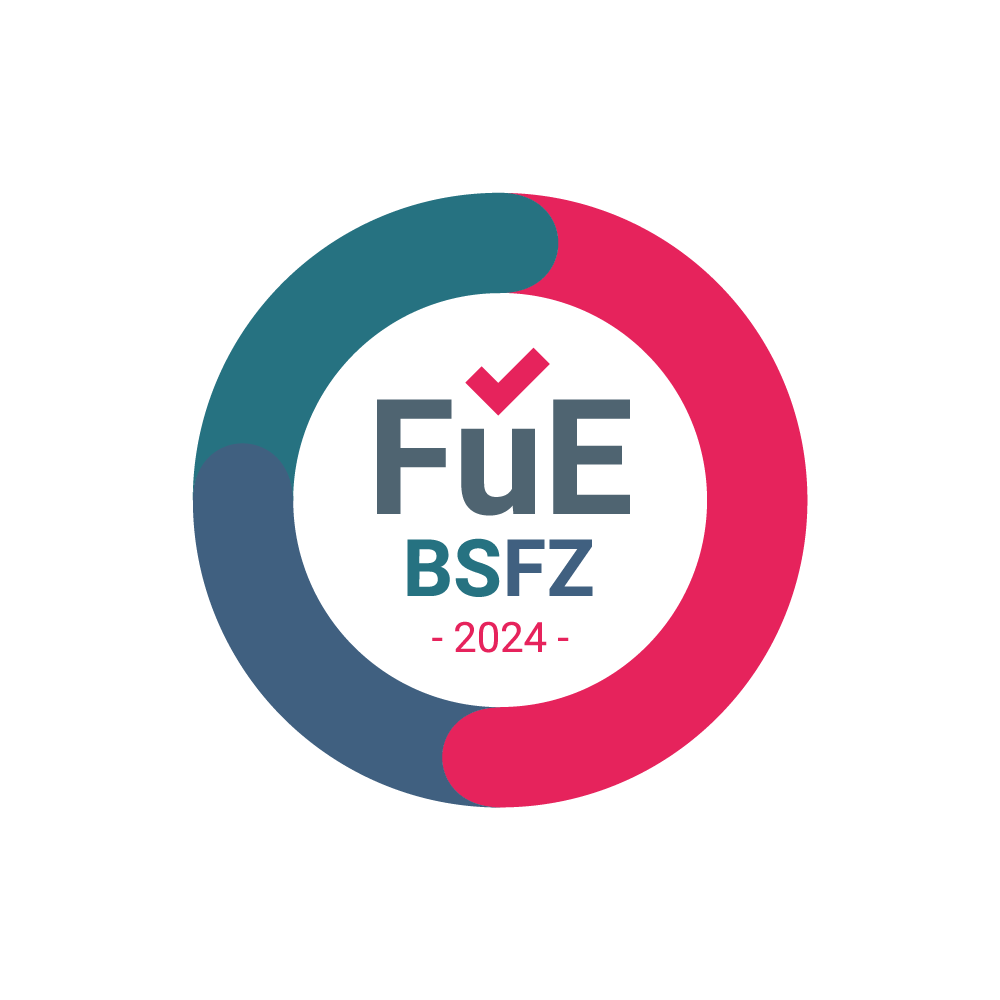Research Projects
Our company has successfully secured both national and international funding through various projects and governmental support programs. This financial backing is pivotal in enabling us to pursue advanced research and development initiatives that align with our strategic goals. National funding often comes with the advantage of supporting local development and fostering economic growth within our home country, while international funds open doors to global collaboration, allowing us to tap into a wider pool of expertise and technology. These resources are instrumental in helping us innovate and stay competitive in a rapidly evolving marketplace. By leveraging these opportunities, we not only enhance our technological capabilities but also contribute to the broader industry and economic landscape.
On this page you can find an overview of funding we received or projects, for which we could help in a supportive role:
Horizont Europa: Research in Rain and Sand Erosion
BMBF: Research in Ice Crystal Impact
Horizont Europa: Research in Rain and Sand Erosion
We are happy to be a partner in the EU-funded Ultra Performance (UP) Wing project within the CLEAN AVIATION program. SurfLabX will provide expertise and testing capabilities on rain erosion and sand erosion and on new innovative functional surfaces.
The Ultra Performance (UP) Wing project will validate, down select, mature and demonstrate key technologies and provide the architectural integration of “ultra-performance wing” concepts for targeted ultra-efficient Short/Medium Range aircraft (SMR), i.e. 150-250 PAX and 1000-2000 nm range. The UP Wing consortium consists of 27 partners from 7 European member states.
Clean Aviation’s board approved €700 million in funding for 20 projects researching a variety of design proposals for next-generation aircraft.
Dissemination movie for the Ultra Performance (UP) Wing Project


BMBF: Research in Ice Crystal Impact
We are pleased to receive support for our ice crystal impact research from the Federal Ministry of Education and Research (BMBF) and to have been awarded the BSFZ seal. The aim of the project is to support and further develop numerical models and simulation tools in the area of ice crystal icing in jet engines through experimental research.
